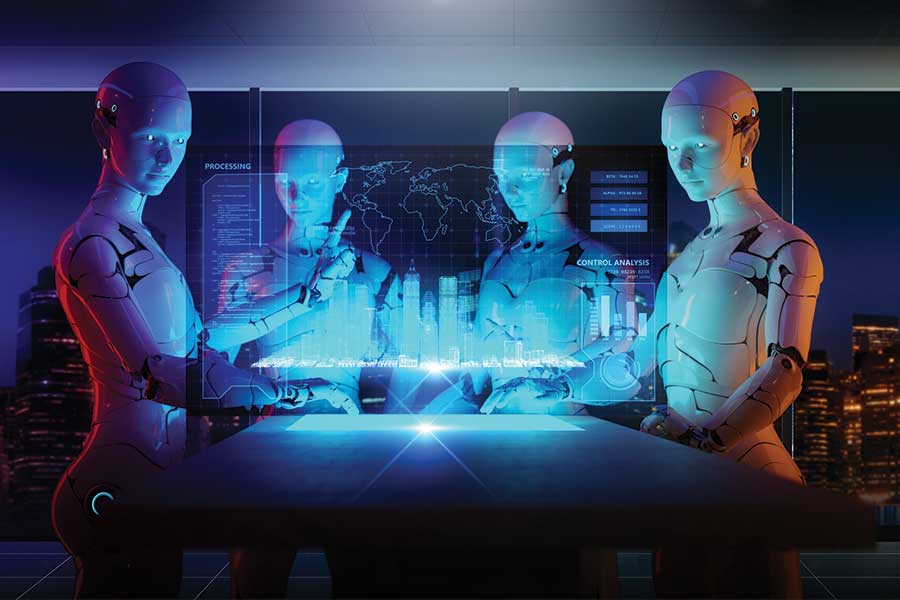The idea for a decentralised autonomous organisation, where the rules are baked into its code with no management structure or board of directors, has emerged with the rise of blockchain technology. Andrew Godwin examines its legal status and the future that it may shape from the contemporary discussions
The recognition of limited liability in the early 19th century was a watershed moment in legal and economic history. The conferring of legal personality on companies – involving the right to own property, enter into contractual relationships, and sue and be sued – enabled companies to operate independently and to be accountable to shareholders, third parties and the broader community.
Although companies operate independently of their shareholders, who enjoy limited liability except in very limited circumstances, companies have traditionally been controlled, managed and operated by humans. These include human directors, who control the “corporate mind” of the company, and human employees, who manage the operations of the company.
The need to involve humans in the control, management and operation of companies has given rise to various challenges. These include the principal-agent problem – famously explored by scholars such as Berle and Means, which stems from the separation of ownership and control – and the resulting risk that a misalignment of interests or priorities arises between those who own companies and those who act on behalf of the companies. The resolution of this problem has been a big factor behind the development of corporate governance codes and rules.
In recent years, issues concerning corporate governance have become more complex as debate continues about the purpose of a company. It is now recognised that the purpose of a company extends beyond simply maximising shareholder value, and embraces broader purposes including the reputation of a company and its sustainable development.
Could the principal-agent problem be reduced (if not avoided altogether) if human agents were replaced with reliable and “neutral” computer code, and if decision-making were “democratised” such that shareholders could participate in all decisions concerning the company or, alternatively, agree to the basis on which decisions should be made autonomously by computer code?
This question, which was previously theoretical in nature and considered to be the stuff of fiction – alongside predictions of a cashless society and driverless motor cars – is now being answered in the affirmative through the emergence of decentralised autonomous organisations, or DAOs.
Rule of code
Put simply, DAOs are organisations that are governed by artificial intelligence (AI) in the form of smart contracts, and use blockchain technology to record transactions and interactions with and between their members and third parties.
Under a smart contract, the terms of a transaction are encoded as part of a computer program or algorithm, and are self-executing. In other words, the transactions are executed automatically without the need for human judgement or action.
An early example of a smart contract is a vending machine that dispenses drink products. With a vending machine, the terms of a written contract for the purchase of a drink product between the customer and the vendor are replaced by an automatic (or autonomous) process. Under this process, the customer’s act of inserting coins and selecting a particular drink product is converted into a product that is delivered to the customer by the vending machine dropping the drink product into the accessible bottom compartment.
You must be a
subscribersubscribersubscribersubscriber
to read this content, please
subscribesubscribesubscribesubscribe
today.
For group subscribers, please click here to access.
Interested in group subscription? Please contact us.
你需要登录去解锁本文内容。欢迎注册账号。如果想阅读月刊所有文章,欢迎成为我们的订阅会员成为我们的订阅会员。

Andrew Godwin is a co-editor of Technology and Corporate Law – How Innovation Shapes Corporate Activity (Edward Elgar Publishing, August 2021) and contributes a regular column called Lexicon to China Business Law Journal


























